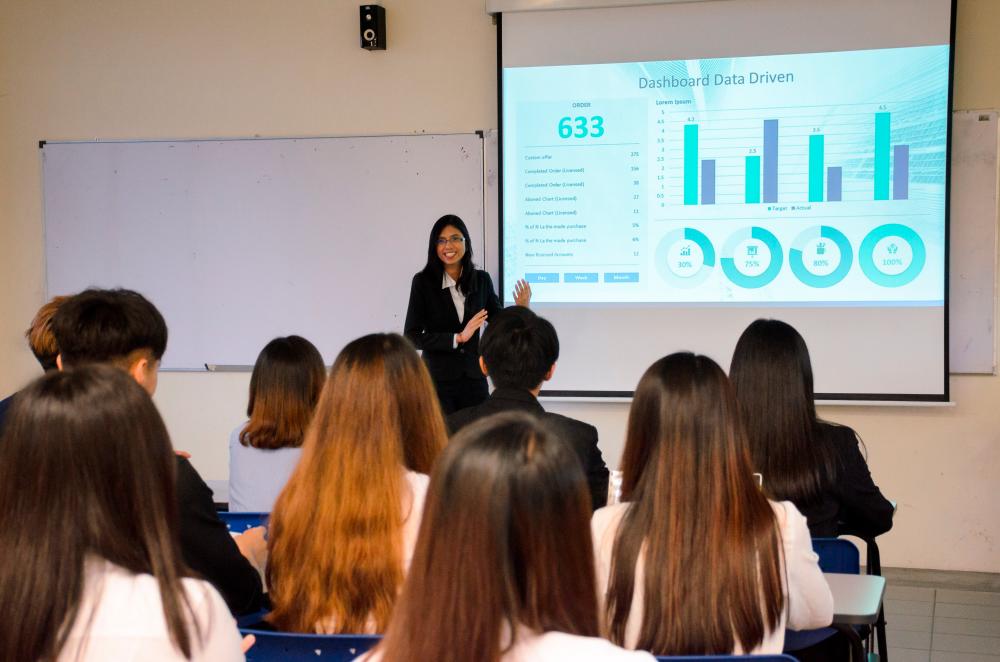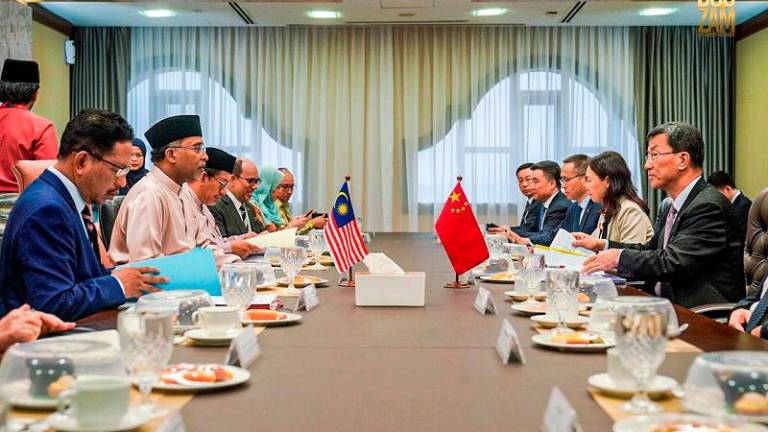Digital economy has spread to encompass more than online product sales and the booking of flights and hotels. It covers every form of digital transaction, from job search to video production.
More and more of our transaction activities have been shifted from the physical counters to these websites or Apps, which can be collectively visualized as digital platforms.
Businesses, especially during COVID times, quickly caught up with the trend.
SMEs are actively creating or updating their own digital platforms in order to digitalize their operations, both for internal administration and external commercial sales. These platforms help businesses to interact more efficiently with the customers, suppliers, and internal staff.
As long as someone is paying, or getting paid via online platforms, they are actively participating in digital economy.
More emerging technologies such as Artificial Intelligence, Virtual Reality, and Blockchain are (and will eventually be) will be integrated into these platforms as time progresses, further enhancing the overall digital economy landscape.
Besides digital platforms, Application Process Interface (API) forms another crucial part of the current digital economy, which is the communication method between platforms, passing messages and exchanging data among platforms.
Through APIs, a platform can leverage on the technologies and data of other platforms.
Platform owners can charge a fee when other platforms are requesting data or technologies in their platforms via API.
When the Regional Comprehensive Economic Partnership (RCEP) agreement was signed on Nov 15 in 2020 via teleconference by 10 ASEAN countries and five regional partners (China, Japan, Korea, Australia and New Zealand), it connected about 30% of the world’s people.
Besides cross-border e-commerce, cross-border logistics and payment, new e-business models will redefine our ways to do import-export business, education, travel, and other services among RCEP countries.
The opportunity and knowledge of the stated digital economy have to be actively disseminated to SMEs, as the traditional business model and revenue model have been altered.
Furthermore, Malaysia is at its strategic position as a digital economy hub for both English-based platforms, and China-based platforms on account of our strength as a multi-lingual and multi-racial society.
It is UTAR’s vision to bring Malaysian talents and SMEs to the Integrated RCEP market.
The university seeks to train more talents to tap into the continually expanding ecosystem.
“In order to groom talents in the shortest time possible, we provide an efficient integrated market via integrated platforms in the areas of low code information system design, payment technology and system integration via API, etc,” the university said in a statement.
UTAR will be offering a new Bachelor’s programme of Digital Economy Technology that will begin with the October 2021 intake.
For more information, Whatsapp 011-1062 4335, or visit study.utar.edu.my










